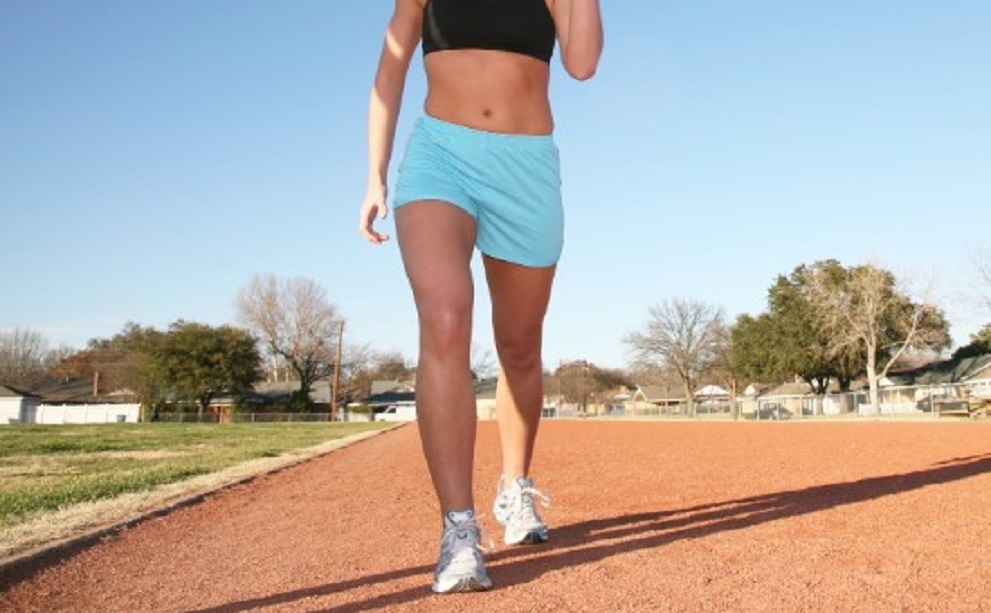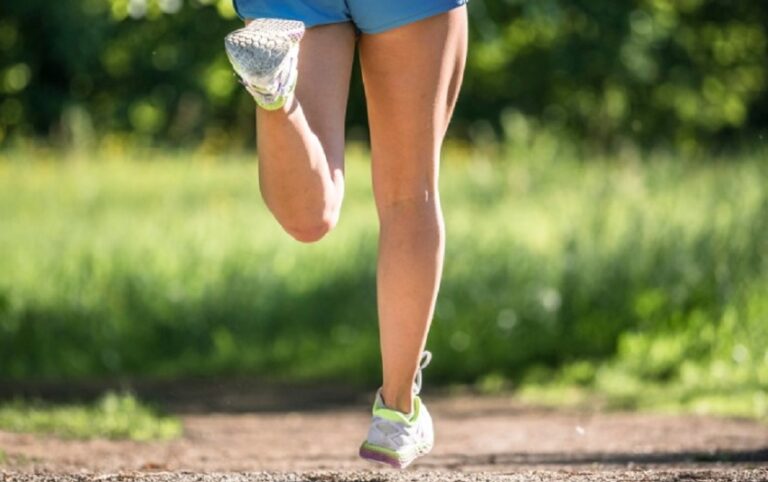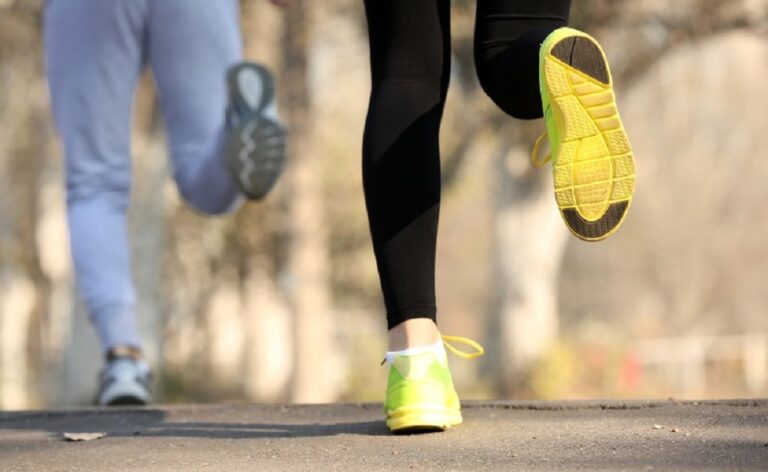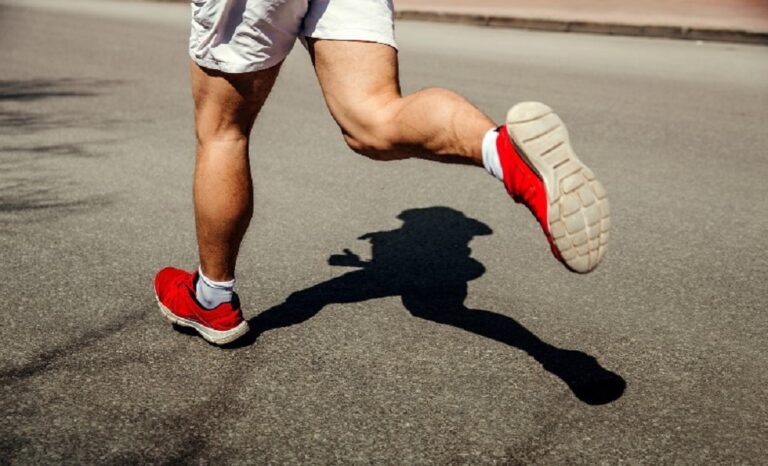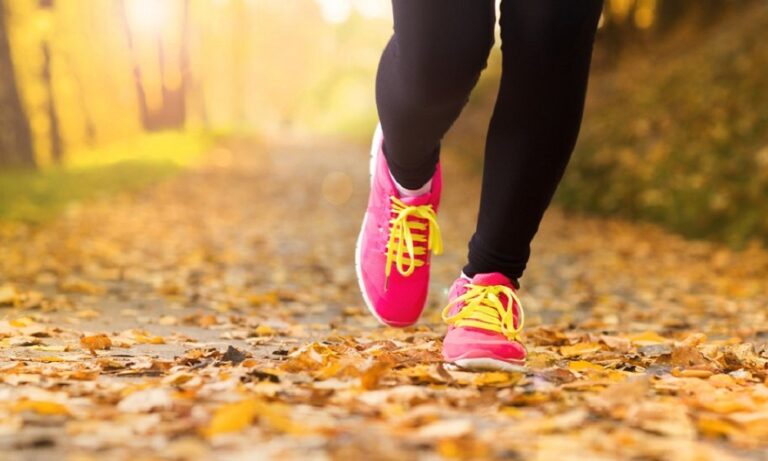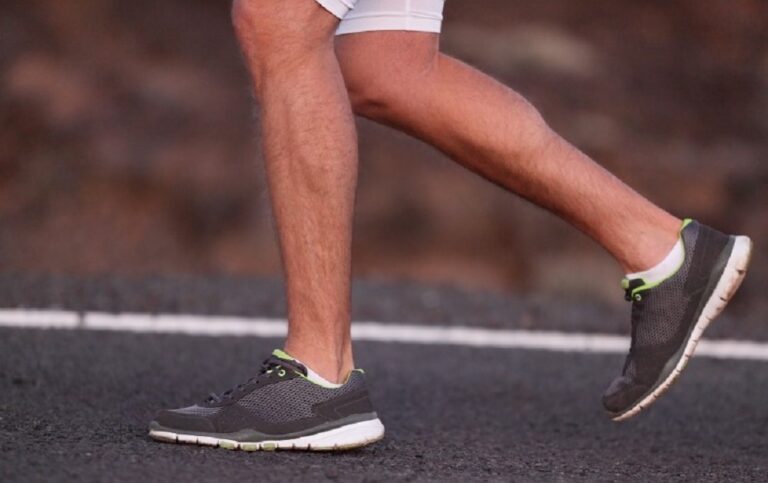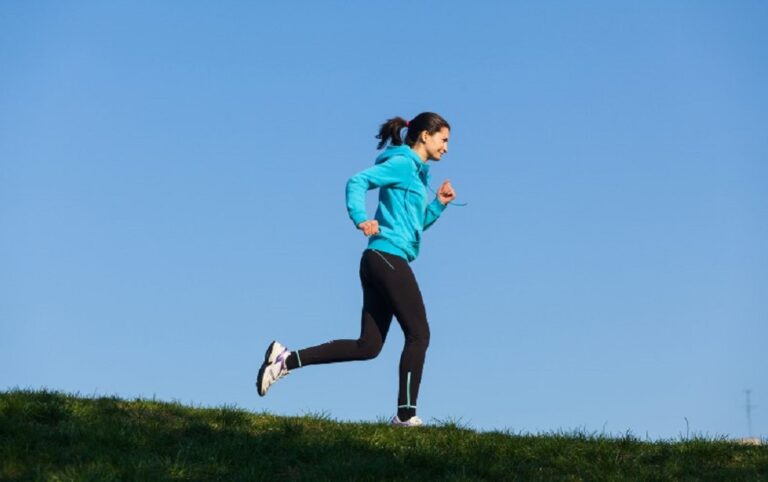How Long Does It Take to Run 3 Miles by Age, Gender and Pace?
On average, a person running at a moderate pace might complete 3 miles in approximately 30 to 38 minutes. However, individual factors such as fitness levels, age, and terrain can significantly impact this time.
Here, we’ll explore the various factors influencing the time it takes to cover this distance, including age, pace, and different terrains. Whether you’re aiming for a personal record or just starting your running journey, understanding these elements can help you tailor your experience.
How Far is 3 Miles?
Understanding the distance of 3 miles is fundamental for contextualizing running times. One mile is equivalent to 1,760 yards or 5,280 feet, so 3 miles equals 5,280 yards or 15,840 feet.
How Many Steps in 3 Miles?
The number of steps required to cover 3 miles depends on an individual’s stride length. On average, it takes about 6,000 to 7,000 steps to cover a mile. Therefore, for 3 miles, the step count might range from 18,000 to 21,000 steps.
Chart: Converting 3 Miles into Different Units
| Miles (mi) | Yards (yd) | Feet (ft) | Inches (in) | Kilometers (km) | Meters (m) |
|---|---|---|---|---|---|
| 3 | 5,280 | 15,840 | 190,080 | 4.828 | 4,828 |
How Long to Run 3 Miles by Age and Pace?
Age and pace are crucial factors in determining the time it takes to run 3 miles. Here’s a breakdown:
| Age Group | Average Pace | Estimated Time to Run 3 Miles |
|---|---|---|
| 20-29 | 8 minutes/mile | 24 minutes |
| 30-39 | 9 minutes/mile | 27 minutes |
| 40-49 | 10 minutes/mile | 30 minutes |
| 50-59 | 11 minutes/mile | 33 minutes |
| 60+ | 12 minutes/mile | 36 minutes |
This table provides a general overview, and individual variations can occur.
How Long to Run 3 Miles by Gender?
Gender can also influence running times. Here’s a comparative table:
| Gender | Average Pace | Estimated Time to Run 3 Miles |
|---|---|---|
| Male | 8 minutes/mile | 24 minutes |
| Female | 9 minutes/mile | 27 minutes |
These averages might differ based on the individual’s fitness level and training.
How Long to Run 3 Miles in Different Terrain?
Terrain impacts running times. Here’s a table showcasing estimated times for various terrains:
| Terrain | Average Pace | Estimated Time to Run 3 Miles |
|---|---|---|
| Flat Surface | 8 minutes/mile | 24 minutes |
| Hilly Terrain | 10 minutes/mile | 30 minutes |
| Trail Running | 12 minutes/mile | 36 minutes |
These estimates may vary based on the specific incline and conditions.
How Long Does It Take to Run 3 Miles on a Treadmill?
Running on a treadmill provides a controlled environment. Here’s an estimated table:
| Treadmill Speed | Estimated Time to Run 3 Miles |
|---|---|
| 6 mph | 30 minutes |
| 7.5 mph | 24 minutes |
| 9 mph | 20 minutes |
These times are based on common treadmill speeds.
Calories Burned While Running 3 Miles
Running 3 miles can significantly contribute to calorie burn. On average, a person might burn approximately 300-390 calories during this distance, but the actual amount varies based on factors like weight, age, and running intensity.
Factors Affecting the Time to Run 3 Miles
The time it takes to run 3 miles can vary based on several factors. Here are some key factors that can affect the time it takes to complete a 3-mile run:
- Fitness Level:
- Individuals with a higher level of cardiovascular fitness and endurance tend to complete a 3-mile run faster than those who are less fit.
- Pace:
- The running pace significantly influences the time it takes to cover 3 miles. A faster pace will result in a quicker completion time.
- Experience:
- Experienced runners may have more efficient running mechanics and pacing strategies, allowing them to complete a 3-mile run more quickly.
- Terrain:
- The running surface can impact running speed. Running on flat terrain is generally faster than running on hills or uneven surfaces.
- Weather Conditions:
- Factors such as temperature, humidity, wind, and precipitation can affect performance. Extreme conditions may slow down a runner.
- Health and Wellness:
- Overall health and well-being play a role. Factors such as injury, fatigue, or illness can affect running performance.
- Training Routine:
- Consistent and structured training, including both running and cross-training activities, can contribute to improved running performance over time.
- Rest and Recovery:
- Sufficient rest and recovery between runs are crucial. Overtraining or inadequate recovery can lead to fatigue and slower running times.
- Motivation and Mental State:
- Mental factors, such as motivation, focus, and determination, can impact performance. A positive mindset can contribute to better results.
- Age and Gender:
- Age and gender can influence running performance. Generally, younger individuals may have faster running times, and men may have different average times than women.
- Equipment:
- The type and condition of running shoes can affect performance. Wearing appropriate and well-maintained shoes contributes to comfort and efficiency.
- Nutrition and Hydration:
- Proper nutrition and hydration before and during the run can influence energy levels and endurance, affecting overall running time.
- Strategy:
- Effective pacing and race strategy play a crucial role. Starting too fast or too slow can impact overall performance.
- Altitude:
- Running at higher altitudes with lower oxygen levels can affect performance. It may take time for the body to acclimate to such conditions.
- Body Composition:
- Body weight and composition can impact running speed. Maintaining a healthy weight and muscle mass can positively influence performance.
It’s important to note that individual responses to these factors can vary. The best approach is to focus on consistent training, listen to your body, and make adjustments as needed to optimize your running performance over time.
Is Running 3 Miles a Day Good?
Running 3 miles a day can be an excellent component of a fitness routine. It promotes cardiovascular health, builds endurance, and contributes to mental well-being. However, individual fitness goals should guide the frequency and intensity of this routine.
Can I lose weight by Running 3 Miles a day?
Running 3 miles a day can contribute to weight loss when combined with a balanced diet. Consistent calorie burn from running, paired with a healthy eating plan, can lead to gradual weight loss over time.
Is daily 3 Miles of Running enough for exercise?
Running 3 miles daily can be sufficient for maintaining overall health for many individuals. However, those with specific fitness goals may need to incorporate additional exercises targeting strength, flexibility, and muscle endurance.
Health Benefits of Running 3 Miles Daily
Running 3 miles daily offers numerous health benefits, including improved cardiovascular health, enhanced mood through the release of endorphins, weight management, and increased stamina. It also promotes better sleep and reduces the risk of chronic diseases.
Tips for Starting a 3 Miles Running Routine
Proper Warm-up: Always warm up before running to prevent injuries.
Gradual Progression: Start with a pace that suits your fitness level and gradually increase intensity.
Quality Footwear: Invest in good running shoes to provide support and cushioning.
Stay Hydrated: Drink water before, during, and after your run.
Listen to Your Body: Pay attention to how your body responds and adjust your routine accordingly.
FAQs
Can running 3 miles daily improve my overall fitness?
Yes, running 3 miles daily can contribute to improved cardiovascular fitness, stamina, and overall well-being.
How important is stretching before a run?
Dynamic stretching is crucial to prepare muscles. Avoid static stretches; save them for post-run to enhance flexibility.
Can I run every day?
It’s advisable to include rest days in your routine to prevent overtraining. Your body needs time to recover and reduce the risk of injuries.
What’s the right way to breathe while running?
Inhale through your nose and exhale through your mouth. Find a comfortable rhythm that matches your stride.

